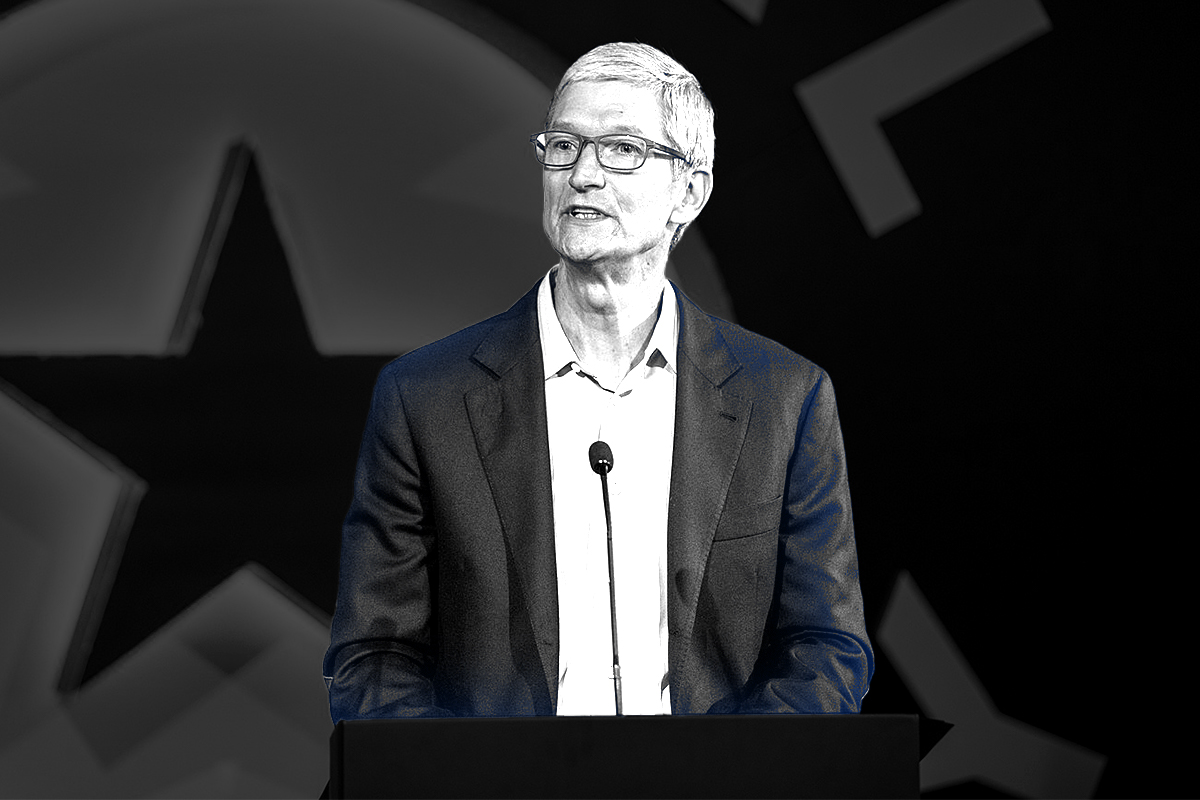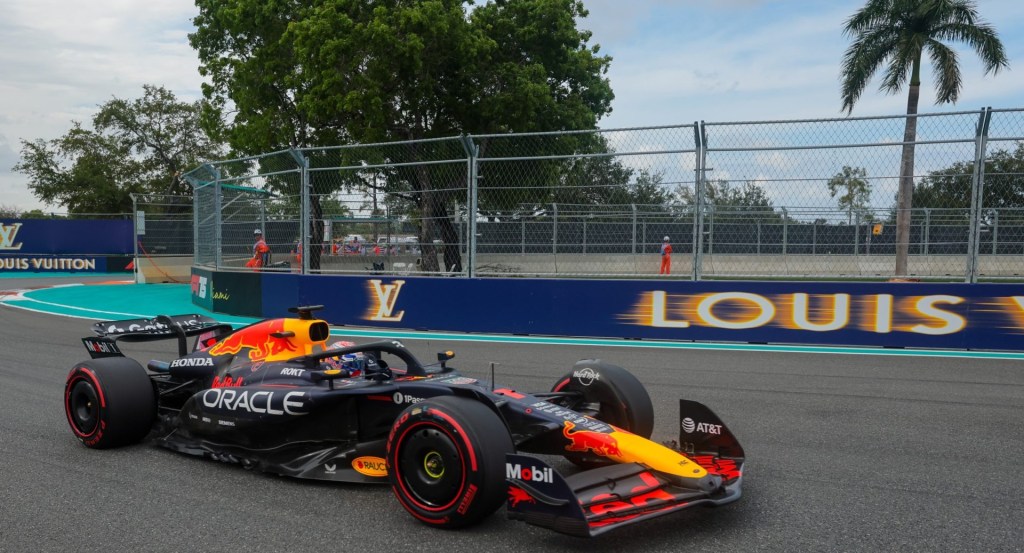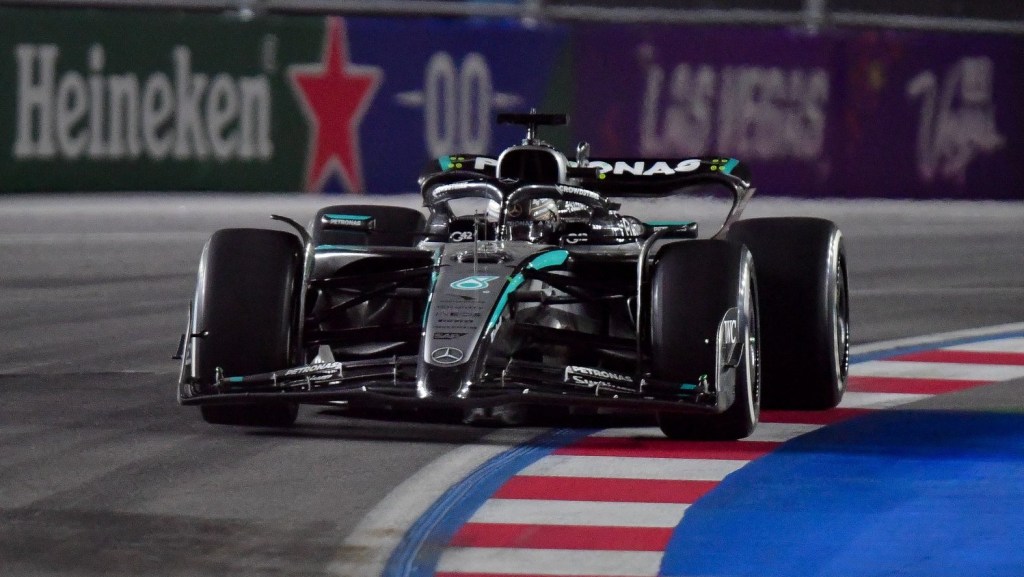The court battle between Apple and Epic Games is amping up. Dueling CEOs Tim Cook and Tim Sweeney may soon take the stand in federal court.
The legal fight between the tech colossus and the maker of “Fortnite,” one of the most lucrative video games in history, appears to be reaching a climax. Both sides released lengthy legal arguments on Wednesday and listed top executives as witnesses in the case.
What’s at stake? The May court hearing could have far-reaching consequences for Apple’s profit flow. If Epic is successful, others will surely copy its method for avoiding Apple’s fees.
Last August, Epic created a workaround to avoid Apple’s 30% commission fee on in-app purchases, and Apple responded by pulling “Fortnite” from its App Store. Epic sued, kicking off a legal contest that now includes parallel fights in the U.K. and against Google.
A core question before Oakland-based district court judge Yvonne Gonzalez Rogers is whether the App Store represents a monopoly.
“Apple does not permit any competing means for developers to distribute apps to users, and Apple requires all in-app purchases to flow through its IAP,” Epic wrote in its proposed findings of facts and conclusions. “Apple even prohibits app developers from informing iOS users that Apple’s monopoly is costing them more for each app they purchase.”
Apple argued in its legal brief that the “App Store competes in an increasingly crowded market of game app distribution platforms,” citing Google Play, Steam, and game developers like Epic.







![[Subscription Customers Only] Jun 15, 2025; Seattle, Washington, USA; Botafogo owner John Textor inside the stadium before the match during a group stage match of the 2025 FIFA Club World Cup at Lumen Field.](https://frontofficesports.com/wp-content/uploads/2026/02/USATSI_26465842_168416386_lowres-scaled.jpg?quality=100&w=1024)
![[Subscription Customers Only] Jul 13, 2025; East Rutherford, New Jersey, USA; Chelsea FC midfielder Cole Palmer (10) celebrates winning the final of the 2025 FIFA Club World Cup at MetLife Stadium](https://frontofficesports.com/wp-content/uploads/2026/02/USATSI_26636703-scaled-e1770932227605.jpg?quality=100&w=1024)








